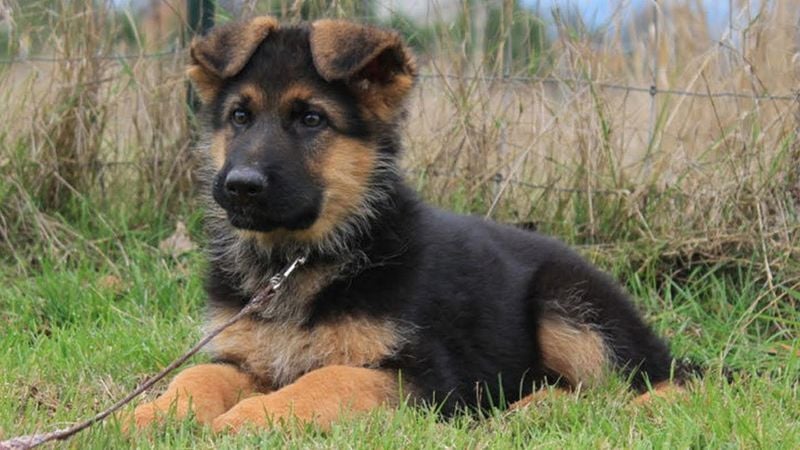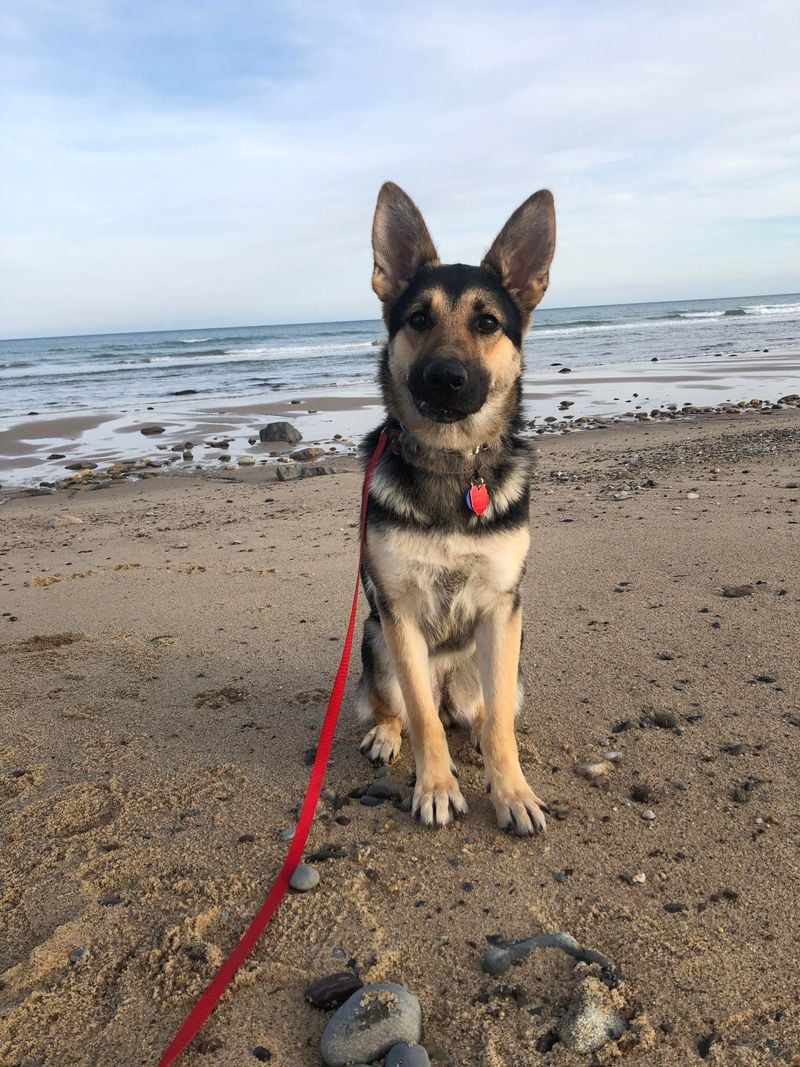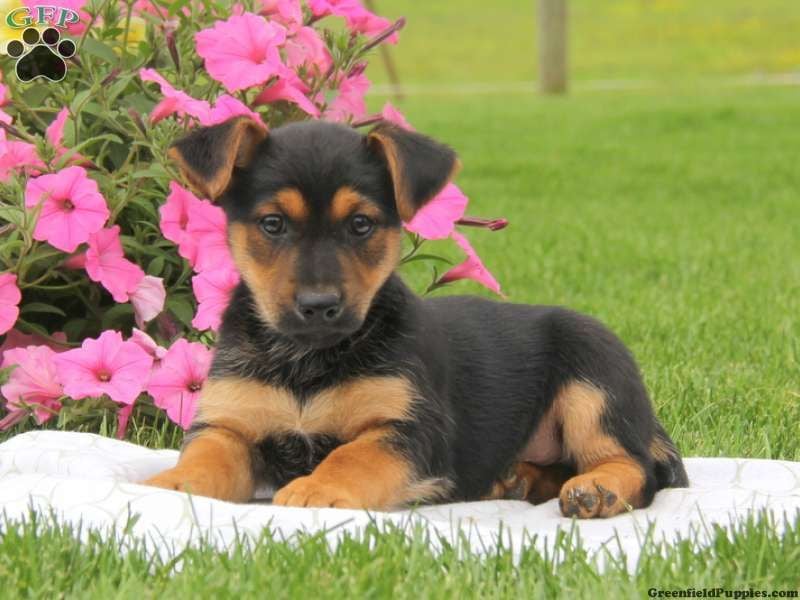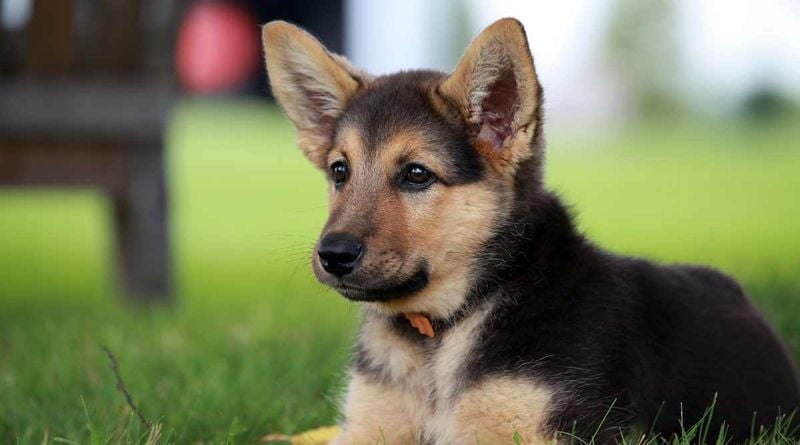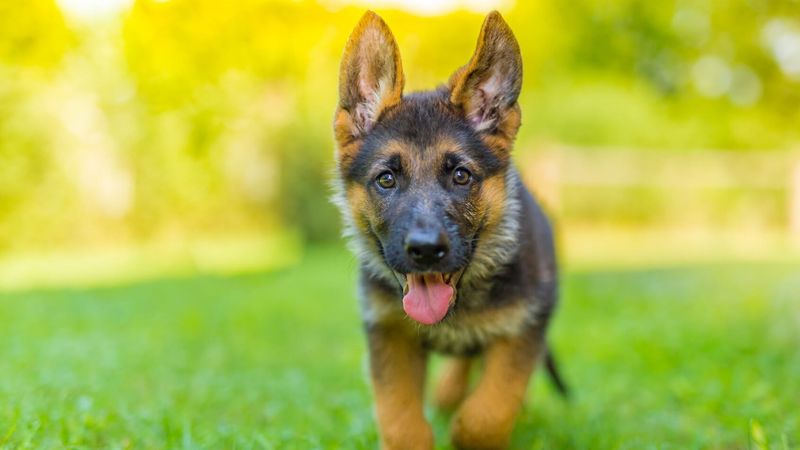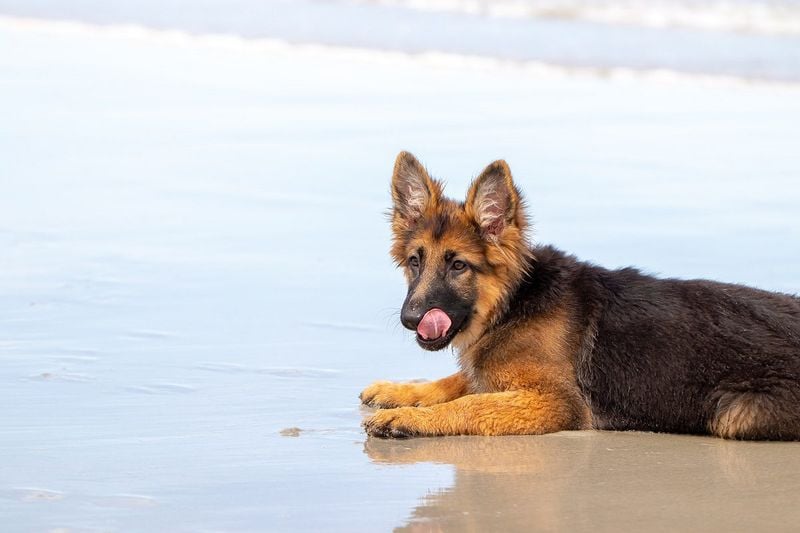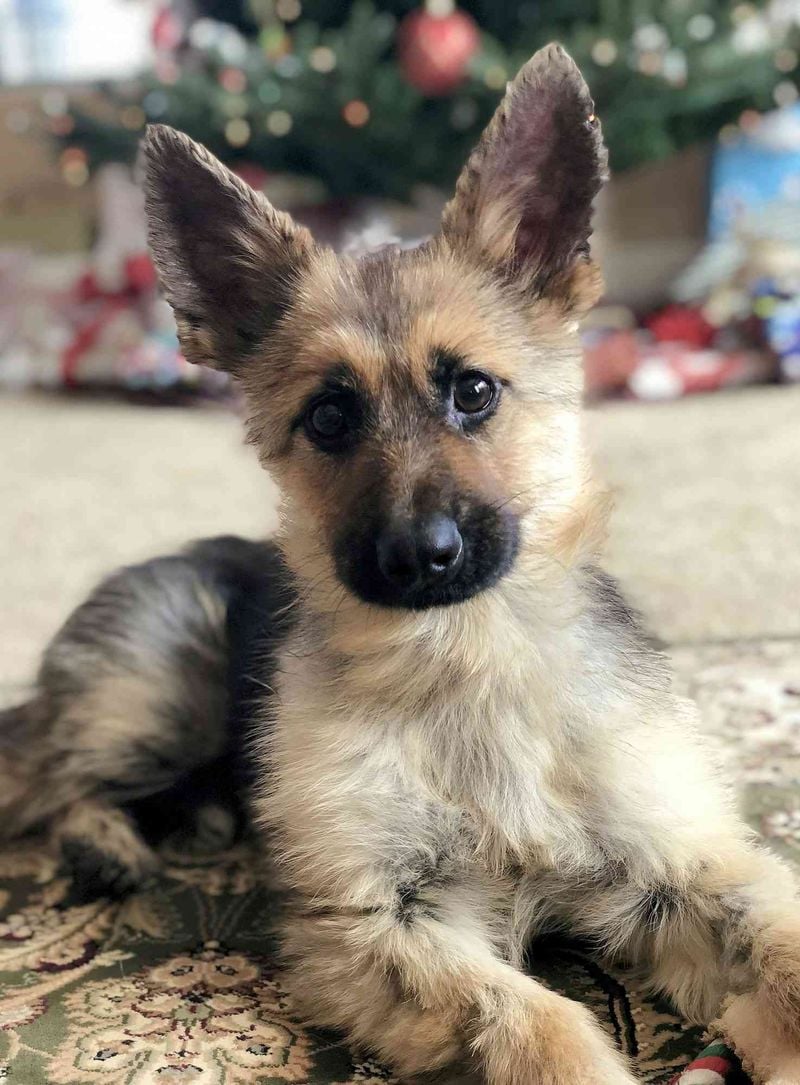12 Things You Must Know Before Getting a Miniature German Shepherd
Thinking about adding a Miniature German Shepherd to your family? You’re not alone. These pint-sized pups have been winning hearts across the globe, offering the loyal, intelligent, and protective nature of a classic German Shepherd—but in a smaller, often more apartment-friendly package. Whether you’re drawn to their iconic looks, eager to find a family-friendly dog, or simply want a more compact companion that’s easier to manage, Miniature German Shepherds can seem like the perfect fit.
But before you fall for those expressive eyes and perky ears, it’s essential to understand what you’re really signing up for. Miniature German Shepherds are usually not just small purebreds—they’re often a carefully chosen mix with breeds like Border Collies or Poodles. This means their personalities, health risks, and care requirements can vary quite a bit.
From their energetic personalities and grooming needs to their exercise demands and social tendencies, there’s a lot more to these dogs than just size. Whether you’re a first-time dog owner or a seasoned pet parent, knowing what to expect can make all the difference in creating a happy, healthy home for your new four-legged friend.
Here are 12 important things you should know before deciding if the Miniature German Shepherd is the right breed for you.
1. Not Actually a Purebred Variety
Surprise! Miniature German Shepherds aren’t officially recognized as a breed by major kennel clubs. They’re typically crossbreeds between German Shepherds and smaller breeds like Poodles, Collies, or various Terriers.
This mixed heritage creates their compact size while maintaining many shepherd characteristics. Reputable breeders will be transparent about the specific mix of your potential pup.
Understanding this crossbred reality helps set proper expectations about appearance, temperament, and health. Don’t fall for advertisements claiming purebred status or “rare miniature lines” – these are red flags for unethical breeding practices.
2. Size and Weight Expectations
Unlike standard German Shepherds that reach 22-26 inches tall and weigh 50-90 pounds, Miniature German Shepherds typically stand 15-20 inches at the shoulder and weigh between 35-50 pounds. They’re substantially smaller than their full-sized counterparts but larger than toy breeds.
Their compact size makes them more suitable for apartment living, though they still need ample space to move around. Don’t expect a tiny dog – they’re medium-sized with big personalities!
Growth usually completes around 12-18 months, significantly earlier than standard German Shepherds who may continue filling out until age 3.
3. Energy Levels and Exercise Requirements
Bouncing off the walls? That’s your Mini Shepherd without proper exercise! These dynamos need 60-90 minutes of daily physical activity split between walks, play sessions, and mental challenges.
Weekend warriors need not apply – these dogs require consistent daily exercise regardless of weather or your work schedule. Their intelligence demands mental stimulation alongside physical outlets; puzzle toys, training sessions, and scent games prevent destructive behaviors.
A fenced yard is ideal but not mandatory if you’re committed to regular outings. Remember: an under-exercised Mini Shepherd often becomes a problem-solving expert – usually by redesigning your furniture or landscaping!
4. Grooming and Shedding Realities
That adorable fluffy puppy comes with a lifetime subscription to pet hair – everywhere! Mini Shepherds are moderate to heavy shedders, especially if they inherit the German Shepherd’s double coat. Expect significant seasonal “blowouts” twice yearly when your home might resemble a fur tornado.
Weekly brushing is mandatory, increasing to daily during shedding seasons. Invest in a good undercoat rake and vacuum with pet attachments.
Beyond fur management, plan for monthly nail trims, weekly ear checks, and occasional baths. Professional grooming every 8-12 weeks helps maintain coat health and reduces household shedding, making the investment worthwhile for many owners.
5. Intelligence and Trainability Advantages
Mini Shepherds inherit the legendary German Shepherd brainpower, consistently ranking among the smartest dog types. They can learn new commands in as few as 5-10 repetitions and often understand over 200 words and gestures with proper training.
This intelligence is a double-edged sword. While they excel in obedience, agility, and service work, they also get bored easily and can become creative troublemakers without mental challenges.
Start training immediately – even 8-week-old puppies can begin basic commands. Use positive reinforcement methods rather than punishment, as these sensitive dogs respond poorly to harsh corrections. Consistency is crucial; everyone in the household must enforce the same rules.
6. Health Concerns to Watch For
While crossbreeding can reduce some health risks through hybrid vigor, Mini Shepherds remain susceptible to several conditions. Hip and elbow dysplasia are common concerns, causing joint pain and mobility issues that may require expensive treatments.
Digestive sensitivities, including food allergies and bloat (a potentially fatal stomach condition), affect many Mini Shepherds. Pancreatic insufficiency, where the dog can’t properly digest food, also appears in this mix.
Eye problems, epilepsy, and degenerative myelopathy (a progressive spinal cord disease) round out major concerns. Budget for comprehensive pet insurance or set aside $1,000-$2,000 annually for veterinary care, including preventative visits and potential emergencies.
7. Temperament and Family Compatibility
Mini Shepherds bring the classic German Shepherd loyalty in a smaller package. They form intense bonds with their families and often appoint themselves as unofficial guardians, making them excellent watchdogs.
Most are good with children, especially when raised together, though their herding instincts might lead to ankle-nipping of running kids. Early socialization helps them distinguish between normal activity and genuine threats.
They typically get along with other pets if properly introduced, though some maintain strong prey drives toward small animals. Their protective nature means they may be reserved with strangers initially, but well-socialized Mini Shepherds quickly warm up to approved visitors.
8. Socialization Necessities
Socialization isn’t optional—it’s essential for raising a well-adjusted Mini Shepherd. These naturally protective dogs can become fearful or aggressive without proper early exposure to different people, animals, and environments.
Begin immediately after vaccinations by introducing your puppy to 100+ people of varying ages, appearances, and behaviors before they reach 16 weeks. Arrange positive meetings with friendly, vaccinated dogs in controlled settings.
Expose them to diverse environments—busy streets, parks, stores that allow pets, different floor surfaces, and various sounds. This crucial investment prevents fear-based reactivity later. Remember: an under-socialized Mini Shepherd often becomes a liability, while a well-socialized one becomes a confident, adaptable companion.
9. Living Space Requirements
Mini Shepherds don’t necessarily need sprawling estates, but they do require sufficient space to move comfortably. A small apartment can work if you’re committed to multiple daily outings and have nearby parks or trails.
These active dogs appreciate having designated indoor zones for play and relaxation. Their territorial nature means they’ll patrol your property boundaries, making secure fencing essential if you have a yard.
Urban dwellers should consider proximity to dog-friendly spaces and noise sensitivity—some Mini Shepherds become stressed by constant city sounds. Regardless of home size, creating a consistent “den” area with their bed and toys provides security for these pack-oriented dogs.
10. Lifespan and Long-term Commitment
Bringing home that adorable Mini Shepherd puppy means committing to approximately 11-14 years of care, often longer than many significant relationships! Their lifespan typically exceeds standard German Shepherds by 1-2 years due to their smaller size and potential hybrid vigor.
The first two years demand intensive training and socialization, while senior years (usually starting around age 7-8) bring changing needs including possible mobility assistance and increased veterinary care. Throughout their lives, they require consistent exercise, mental stimulation, and companionship.
Consider your future plans carefully—career changes, moves, or family expansions should accommodate your dog’s needs. Mini Shepherds form deep bonds and don’t adapt easily to rehoming.
11. Finding Ethical Breeders
The miniature shepherd market is unfortunately flooded with unethical breeders prioritizing profit over health. Responsible breeders perform health testing for hip dysplasia, elbow dysplasia, and genetic conditions before breeding their dogs.
Red flags include “rare” color advertisements, extremely low prices, multiple litters available simultaneously, or reluctance to show you the breeding facilities. Ethical breeders typically have waiting lists, conduct buyer interviews, and provide lifetime support.
Expect to pay $800-$2,500 from reputable sources. Rescue organizations occasionally have Mini Shepherd mixes for $300-$600, offering an ethical alternative. Remember: that initial price pales compared to the emotional and financial costs of supporting irresponsible breeding.
12. Cost of Ownership Beyond Purchase
The purchase price is just your entry ticket to Mini Shepherd ownership. First-year expenses typically reach $2,500-$3,500 including vaccinations, spay/neuter surgery, training classes, and initial supplies.
Annual costs thereafter average $1,500-$2,000 covering quality food ($600-$900), preventative veterinary care ($300-$600), toys/treats ($200-$300), and grooming supplies or services ($200-$500). Emergency veterinary funds or comprehensive pet insurance ($30-$70 monthly) should be factored into your budget.
Hidden costs include potential property damage during puppyhood, pet deposits for rentals, dog walkers/sitters when you’re away, and training for behavioral issues. Their intelligence requires ongoing investment in enrichment activities and durable toys.

